Sri Lanka’s New President Advocates Neutral Foreign Policy Amid Geopolitical Tensions
President Anura Kumara Dissanayake of Sri Lanka, elected on Sunday, has pledged a neutral foreign policy to avoid being caught between China and India. He aims to build equitable relationships with both nations while seeking to alleviate Sri Lanka’s economic crisis marked by €34 billion in external debt and rising poverty. Dissanayake criticizes traditional neoliberal policies and proposes reforms for recovery and stability.
Sri Lanka’s newly appointed President, Anura Kumara Dissanayake, has articulated a clear intention to maintain the nation’s neutrality in the context of rising geopolitical tensions between major powers, notably China and India. Following his election victory on Sunday, which resulted in the displacement of former President Ranil Wickremesinghe, Dissanayake emphasized his determination to avoid alignment with any geopolitical faction. In an interview with Monocle magazine, he stated, “We won’t be a competitor in that geopolitical fight, nor will we be aligned to any party. We don’t want to be sandwiched, especially between China and India.” Dissanayake, leader of the National People’s Power (NPP) party, underscored that the newly formed government plans to cultivate balanced relations with both neighboring countries, which he regards as valued friends, while also seeking to strengthen diplomatic ties with the European Union, the Middle East, and Africa. This strategic neutral foreign policy is deemed crucial by Dissanayake to safeguard Sri Lanka’s sovereignty amid escalating regional tensions. Having garnered 1.27 million votes, the newly elected president is set against a backdrop of economic turmoil, as Sri Lanka grapples with a dire financial crisis, showcasing a staggering €34 billion in external debt coupled with escalating poverty levels and surging prices for essential goods. He openly criticized the previous administration and main opposition for perpetuating a neoliberal economic model that has contributed significantly to the nation’s troubles. “We are a bankrupt nation,” Dissanayake remarked, reinforcing his commitment to implement reforms aimed at stabilizing Sri Lanka’s economy and restoring prosperity.
The political landscape in Sri Lanka has long been dominated by powerful political families. Anura Kumara Dissanayake’s election as president marks a significant shift, particularly in the wake of the country’s most severe economic crisis in over seventy years. This crisis has prompted widespread social and economic repercussions, leading to urgent calls for new leadership and innovative economic strategies. Dissanayake’s ascendancy represents a break from traditional political affiliations, as he seeks to position Sri Lanka in a neutral stance amidst the contest between two major powers, China and India, both of which have considerable influence in the region. His policy approach aims to reclaim autonomy in foreign relations.
In conclusion, President Anura Kumara Dissanayake’s foreign policy direction signifies a notable shift toward neutrality, as he seeks to steer Sri Lanka away from becoming a pawn in the geopolitical rivalries of China and India. He advocates for balanced relationships with regional powers while prioritizing domestic economic recovery. Dissanayake’s commitment to introduce reforms to address the crippling financial crisis reflects his proactive stance on governance, aiming to restore stability and foster international cooperation. Thus, his tenure is poised to reshape Sri Lanka’s international engagement and internal economic policies significantly.
Original Source: www.hindustantimes.com
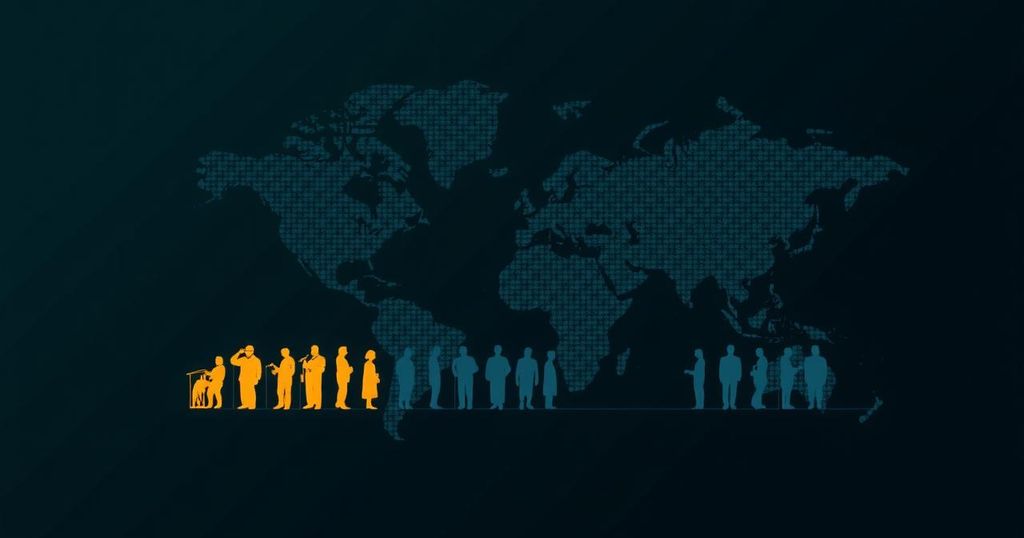


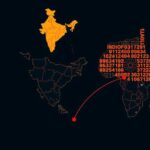

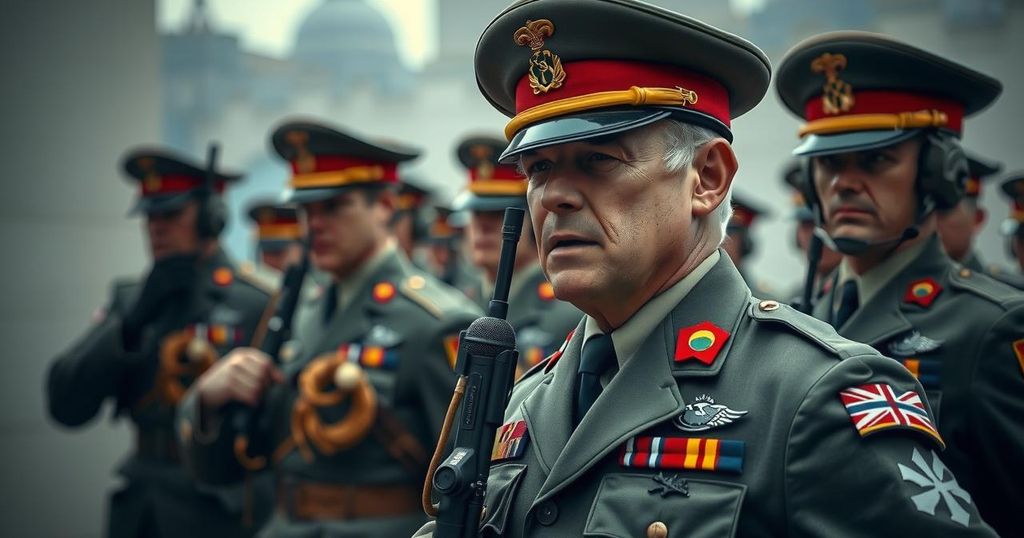
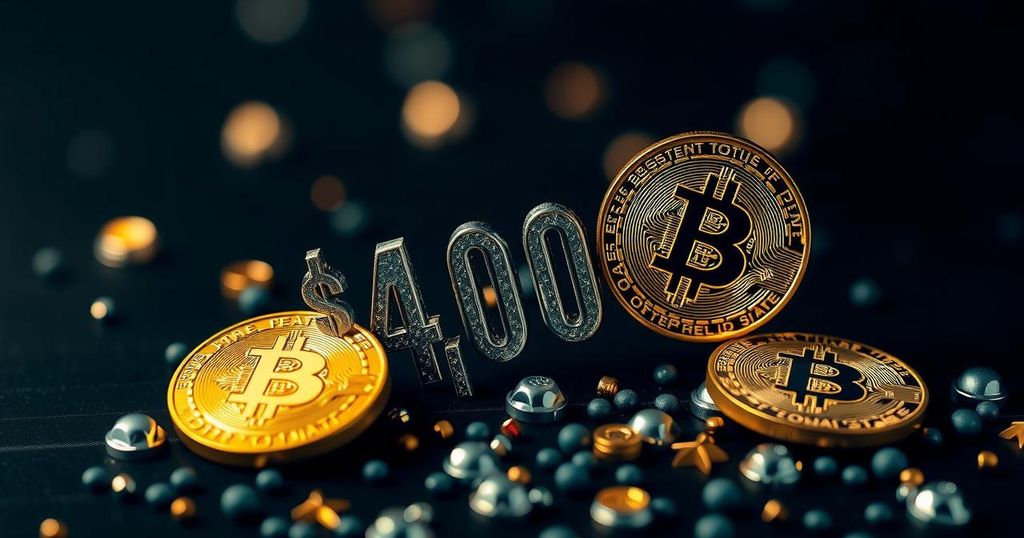
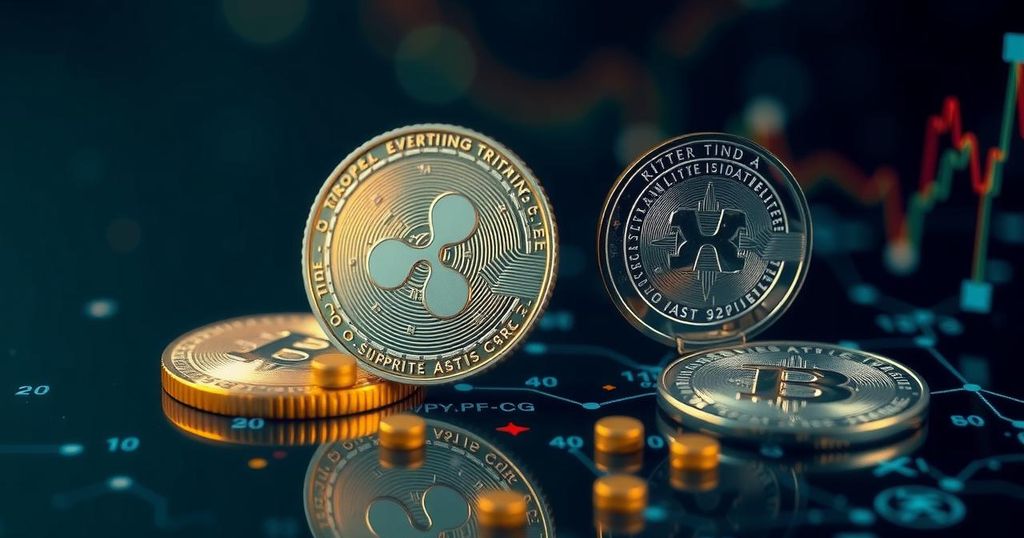
Post Comment